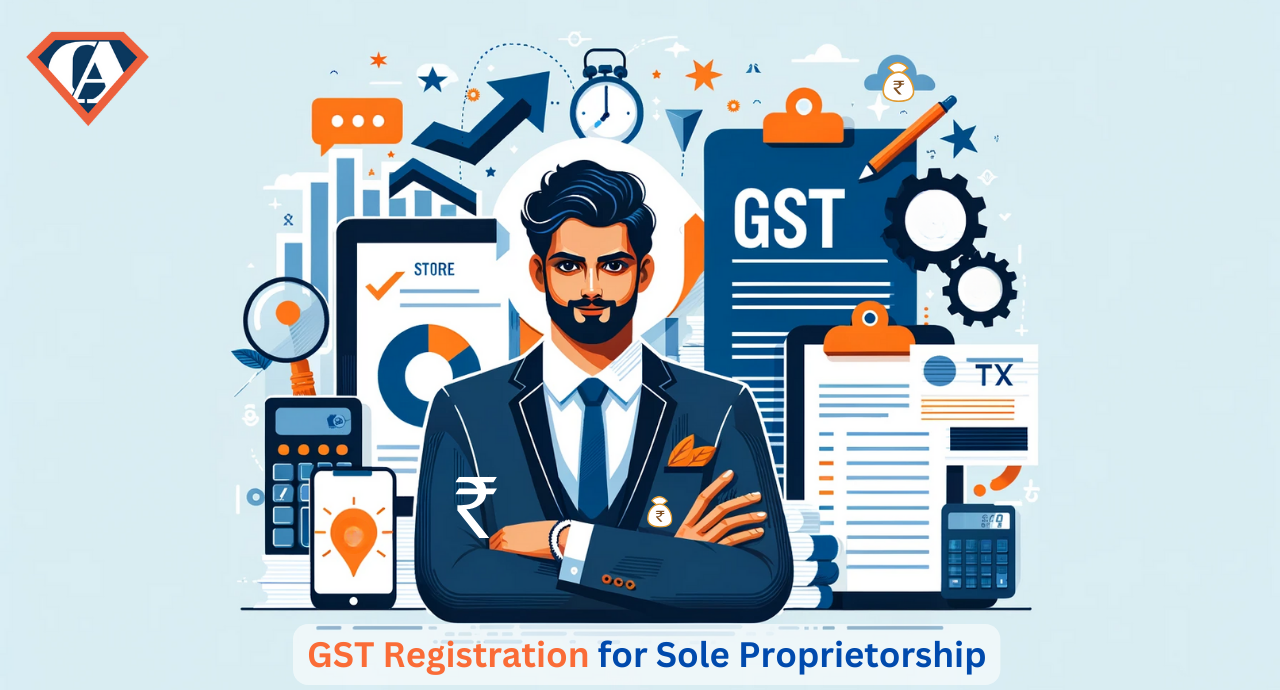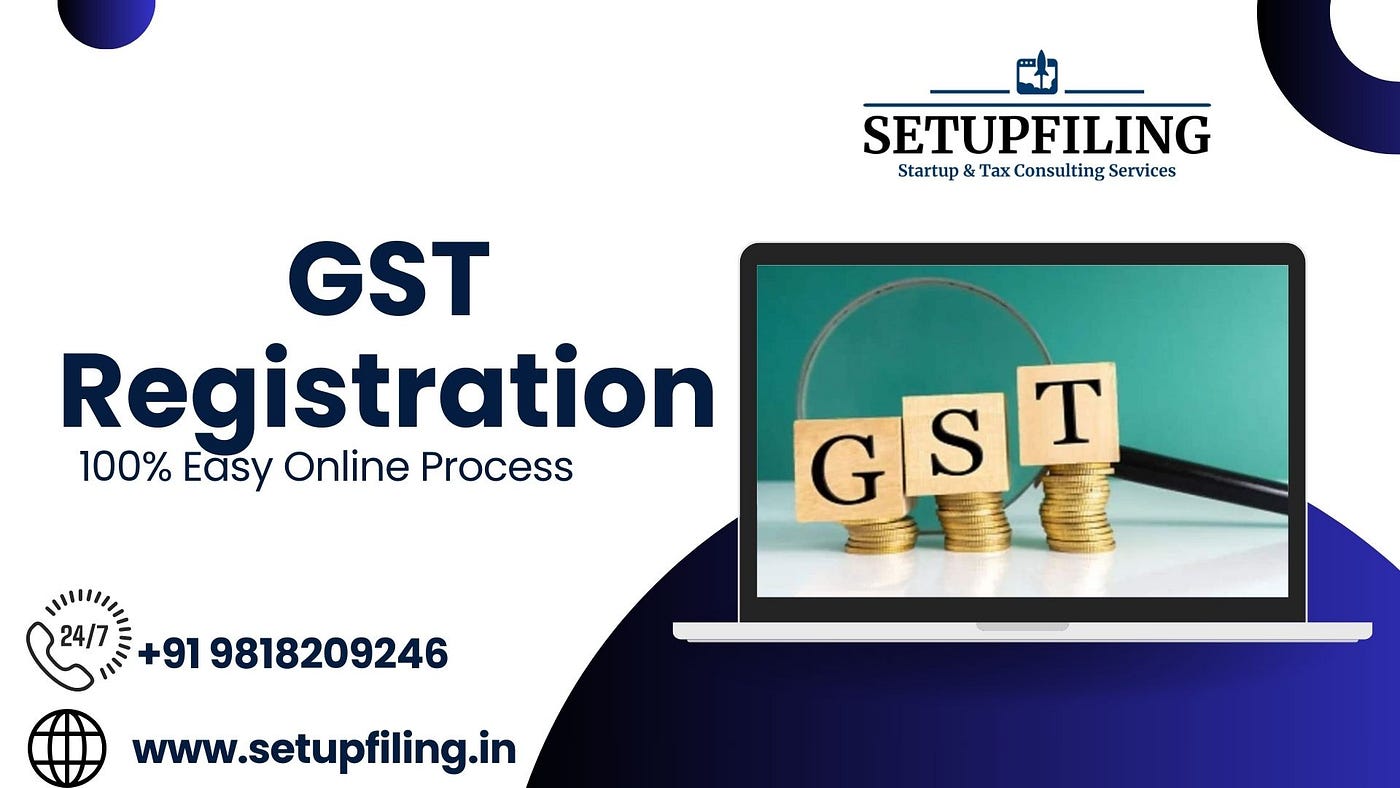Step-by-Step Process for Singapore GST Registration Explained
Navigating the Complexities of GST Enrollment: Expert Tips and Ideal Practices for Smoother Conformity
From deciphering enrollment needs to utilizing technical tools for structured processes, the trip in the direction of smoother GST compliance is nuanced and diverse. Keep tuned to uncover essential strategies and insights that can help organizations guide via the intricacies of GST enrollment with finesse and self-confidence.
Recognizing GST Registration Requirements

In enhancement to turn over thresholds, organizations participating in interstate sales or offering taxable solutions may likewise be needed to register for GST, even if their turn over is below the suggested restriction (Singapore GST Registration). Comprehending these requirements and thresholds is important to prevent charges and guarantee smooth procedures within the legal structure
Moreover, services need to gather and prepare the needed paperwork, such as evidence of identity, address, business incorporation, and financial institution account details, before initiating the GST enrollment procedure. Falling short to give accurate information or fulfill the enrollment target dates can cause fines or other lawful effects. Companies should remain informed about the specific GST registration demands suitable to their operations to preserve conformity and prevent potential problems.
Organizing Essential Documentation
Organizations beginning on the GST enrollment process should diligently compile and arrange the necessary paperwork needed for submission. The crucial files usually needed for GST enrollment include evidence of company enrollment or address, identity and consolidation proofs of business owners or partners, savings account information, evidence of principal business, and permission kinds. Making certain that these papers are easily available and organized can streamline the enrollment procedure and avoid rejections or delays.
To successfully organize vital paperwork, services must develop a central system for storing and classifying the required paperwork (Singapore GST Registration). Using electronic storage space services can assist maintain easy accessibility and guarantee that documents are firmly stored. Furthermore, developing a checklist of all needed records can work as a useful device to track what has been collected and what is still required for entry

Leveraging Innovation for Efficiency
Enhancing functional effectiveness with technical integration is vital for contemporary organizations navigating the complexities of GST enrollment. Leveraging innovation can enhance processes, decrease errors, and make sure prompt compliance with GST guidelines. Among the vital means innovation can assist in GST registration is via the use of automated software program services. These devices can help companies track sales, produce invoices, compute taxes, and submit returns accurately. By automating these tasks, services can conserve and decrease hands-on errors time that would certainly otherwise be invested in recurring administrative work.
In addition, technology can help with seamless communication with tax authorities. On the internet sites and communication tools make it possible for businesses to submit records, fix queries, and get updates in a more reliable manner. This not only accelerates the enrollment process but also assists in preserving dependable and transparent communication with the appropriate authorities.
Moreover, cloud-based storage space remedies give a secure platform for businesses to store and access their financial data, ensuring useful source compliance with GST record-keeping requirements. By centralizing data storage and automating procedures, organizations can boost their total efficiency and precision in GST enrollment treatments.
Proactive Compliance Tracking

To make certain efficient proactive conformity tracking, businesses must establish durable internal controls, conduct routine audits, and take advantage of automation devices for real-time tracking of GST transactions. Routine training sessions for employees on GST conformity requirements can additionally assist in creating a society of compliance within the company. Additionally, engaging with tax obligation specialists or specialists can offer beneficial insights and advice on navigating complicated GST regulations.
Engaging With Specialist Specialists
Involving experienced tax obligation professionals can dramatically reinforce a firm's understanding and conformity with elaborate GST policies. Specialist consultants bring a wealth of knowledge and experience to the table, assisting businesses browse the intricacies of GST enrollment easily. By leveraging their know-how, business can guarantee accurate filings, decrease the danger of errors, and remain updated with the most current governing adjustments.
When involving with professional consultants, it is vital to choose experts with a solid performance history in GST conformity (Singapore GST Registration). Look for consultants that have a deep understanding of the pertinent legislations and regulations, as well as experience working with businesses in your market. Efficient communication is type in this collaboration, so make certain to clearly define your expectations and develop routine touchpoints to review progression and address any type of worries
Additionally, specialist specialists can supply useful insights and suggestions on optimizing your tax obligation technique, determining potential cost-saving chances, and simplifying your compliance processes. On the whole, buying specialist consultancy solutions can go a long way in guaranteeing smoother GST conformity and preventing costly errors.
Verdict
In conclusion, navigating the complexities of GST registration needs browse around here an extensive understanding of the requirements, company of important documentation, leveraging innovation for performance, positive compliance monitoring, and involvement with expert consultants. By adhering to these finest techniques, companies can make certain smoother compliance with GST like this guidelines and stay clear of potential charges or fines. It is vital to stay notified, positive, and attentive in managing GST enrollment to keep compliance and promote financial integrity.
To guarantee conformity with tax obligation regulations, companies need to completely comprehend the intricate demands for GST registration. Goods and Provider Tax (GST) is a value-added tax obligation imposed on many items and solutions in a nation, making it vital for organizations to register for GST to prevent legal repercussions.In addition, services should collect and prepare the needed documents, such as proof of identification, address, business incorporation, and financial institution account information, prior to starting the GST enrollment procedure. Services must stay educated about the particular GST registration needs applicable to their operations to preserve conformity and stay clear of prospective issues.
The crucial records generally required for GST registration consist of evidence of company registration or unification, identification and address proofs of the service owners or companions, financial institution account details, evidence of major area of organization, and authorization forms.